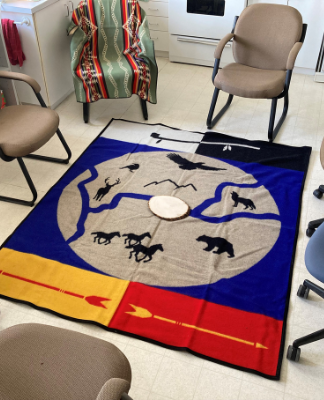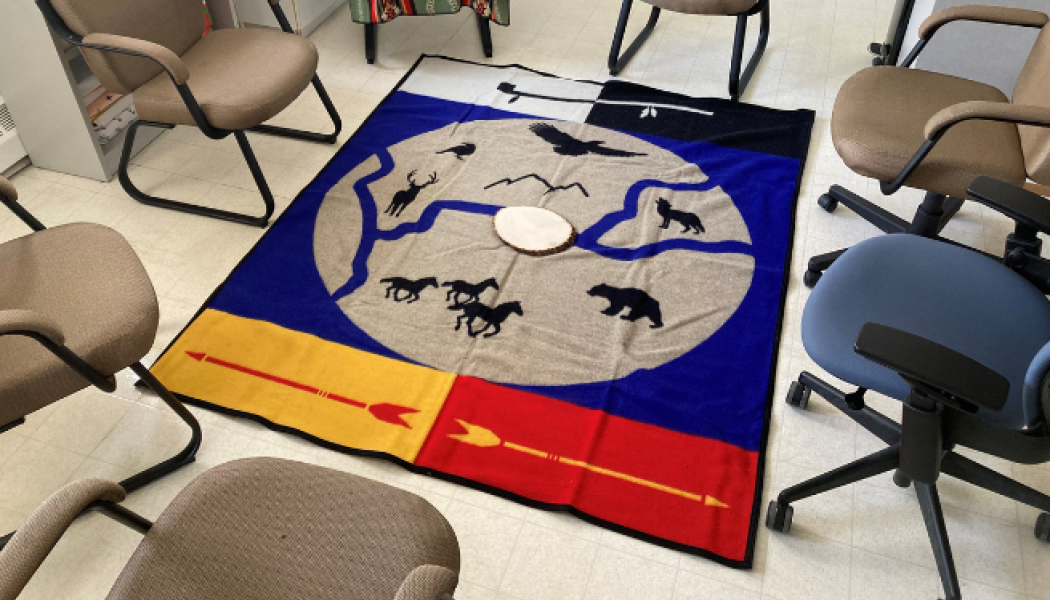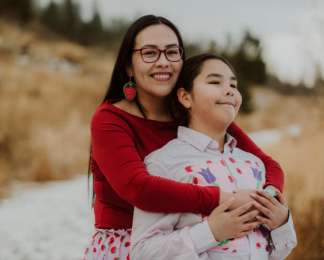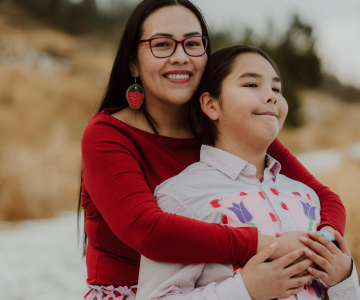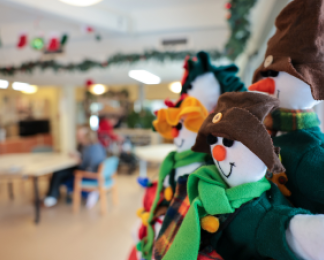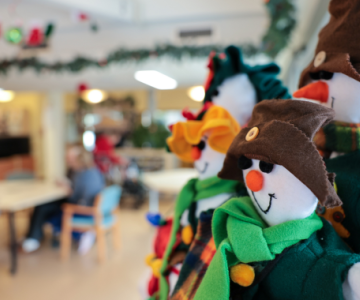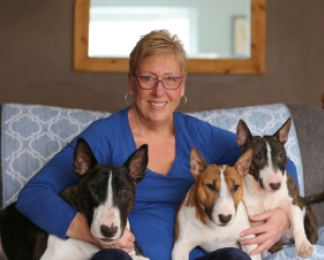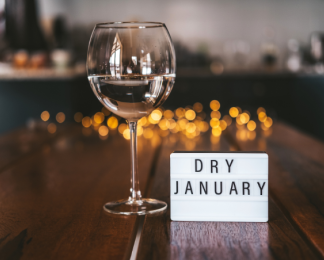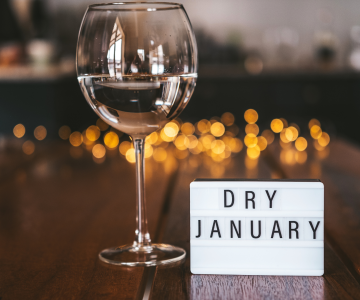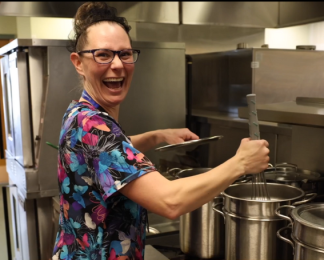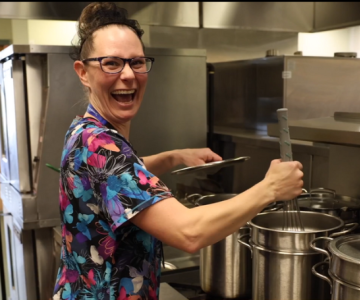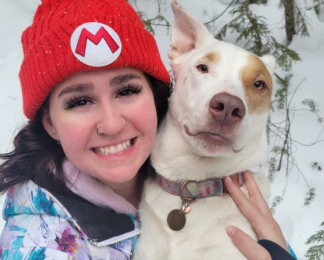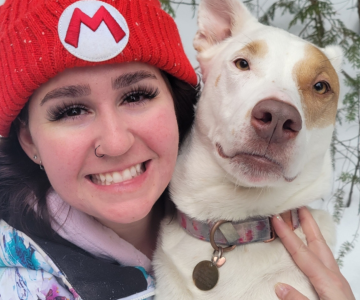A healing circle
Everyone deserves to be heard, and to feel safe and understood, but it’s clear from the In Plain Sight Report this doesn’t always happen for members of B.C.’s Aboriginal communities.
The Report, released November 2020, provides 24 recommendations for addressing Indigenous-specific racism within the B.C. health-care system. Among them was the development of a strategy that would improve patient complaint processes and address that racism, which is both individual and systemic.
With this in mind, Interior Health saw a way to create a more culturally safe space for complaint resolution through its Patient Care Quality Office. That’s how Lucie Poisson and Natalie Daniels (pictured below) came to be new Aboriginal Patient Care Quality and Safety Consultants. Patients and clients who self identify as Aboriginal now have an option to be directed to Natalie and Lucie for direct follow-up.
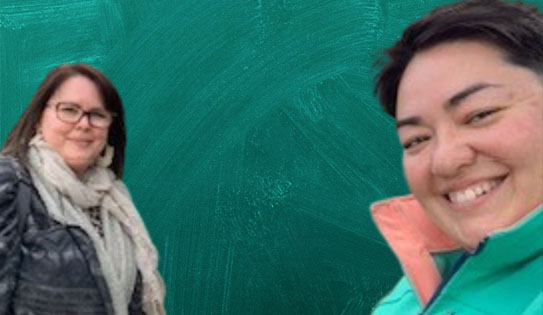
"Something that came out of the In Plain Sight Report is that respondents didn't feel comfortable bringing their concerns forward, and one of the barriers to bringing concerns forward to an office such as ours is that people didn't feel their concerns were going to be taken seriously," says Natalie.
Interior Voices podcast host Tracy Mooney recently met with Lucie, Natalie, and Shari McKeown, IH’s Director for Patient Safety, to discuss the new positions, and how they will contribute to better and more culturally safe recourse for people’s concerns.
Culturally safe recourse means that a patient or client has control of how the resolution process looks. They might choose to submit their concern in writing, have a phone call, or meet in person. Or, they might request a healing circle, have family or friends present with them, or another restorative approach.
"When a client is stepping forward with a concern or a story or an experience to share, that feedback is a gift for us and it leads to an opportunity to improve our care and services and make them safe for everybody's use," says Shari.
As Interior Health continues to work to improve health care for all, these new positions provide a culturally safe space for Aboriginal patients and clients to share.
"It's critical for us to hear from people about their experiences, worries and challenges in receiving care, or the omission of care, so that we can start to reconcile and take action," says Lucie.
Learn more:
